
ADHD is an abbreviation standing forattention deficit hyperactive disorder. This condition most commonlyaffects children and can result in many problems related todiscipline and education in general.
Among many possible treatments for thisdisorder docosahexaenoic acid, found in the omega3 fatty acids isconsidered to be one of the most recommended.
What is Docosahexaenoic Acid?
This acid is the main constituent ofour brain and our retina. It chemically comprises of 22 chains ofcarbon, having six cis double bonds. This acid is also referred to ascervonic acid, even though such name is considered to be rathertrivial. Also, DHA is a common abbreviation used for this acid.
This acid should not be mistaken forEPA which is also a type of fatty acid, even though the former can beconverted into the latter during specific processes in the body. Asfor supplementation usages of DHA, this acid is given to prematurelyborn babies in order to result in a better mental development oftheirs. Basically, the DHA is provided as an ingredient in theformula the baby consumes.
Some other illnesses which can becontrolled or prevented by DHA are diabetes type 2, the coronaryartery disease and ADHD, or the attention deficit hyperactivedisorder, as well as depression and aggressive behavior disorders.
DHA is found to be most effective whencombined with the above mentioned EPA, especially when it is used forprevention and treatment of heart diseases and stabilizing the heartrhythm. Also, this combination is considered useful in situationswhere the patient suffers from excessive cholesterol levels in theblood, hypertension, psoriasis, rheumatoid arthritis, Raynaud'ssyndrome, bipolar disorder or some inflammations affecting thedigestive system. Finally, DHA in combination with EPA has showngreat results in helping teenagers overcome migraines which canappear at this age.
Some other combinations which caninclude DHA are those with primrose oil, vitamin E or thyme oil.These are usually made for treating symptoms of dyspraxia inchildren.
So, basically, DHA makes the blood lessthick and reduces the levels of triglycerides, promoting overallhealth and development of eye and nerve tissues.
ADHD Results with Docosahexaenoic Acid
DHA is found in most cold-water oceanicfish, even though it can also be created from microalgae of certaintypes, in order to be used by vegetarian parts of the humanpopulation as well. Furthermore, DHA is the main component of oursperm and brain, as well as our retina. Thus, providing our body withit through proper nutrition can result in a significant decrease ofheart disease dangers, due to the fact that this fatty acid gets ridof high levels of triglycerides in the blood. On the other hand, whenpeople lack adequate levels of DHA in their bodies, they become moreprone to diseases such as the Alzheimer's.
However, the benefits of this acid donot end here. Rather, DHA has shown excellent results in some studiesrelated to the treatment of ADHD. Yet, there is still room forimprovement since some studies have managed to help people affectedby this disorder while others have failed to do the same, even thoughDHA has been used as a supplement. In most cases, a mixture of DHAand EPA gave better results that sole DHA, given to the test subjectsin forms of supplements.
Interestingly, researches have shownthat many children who suffer from ADHD actually have lower levels ofDHA in their body. Therefore, it is presumed that taking DHAsupplements can reduce the levels of aggressiveness and antisocialbehavior in the patients affected by the attention deficithyperactive disorder.
Some other potential usages of DHA arein treatment for Alzheimer's disease. In a test conducted by theAlzheimer's Disease Cooperative Study, 402 people were given eitherDHA or placebo over the course of 18 months. Note that all of thesepeople were older than 72 and suffering from Alzheimer's disease.However, during this clinical trial, people who were given DHA didnot manage to perform better in terms of their memory and impairedcognitive functions. Subsequently, more tests need to be performed inorder for the true potential of DHA in this respect to be confirmed.
Yet, DHA levels in our body need to benormal in order for us to function and perform adequately. Therefore,once we lack this acid in our organism, we tend to perform worse, asfar as the activities which are related to nonverbal reasoning,mental flexibility, working memory and vocabulary.
All in all, docosahexaenoic acid can beused for many purposes and one of these is treatment for ADHD inchildren. It is a fatty acid from the category of omega3 fatty acids,naturally obtained from the meat of the cold-water ocean fish ormicroalgae found in such environments. While certain studies haveproven DHA effective in the treatment of ADHD, other have failed todo so.
Therefore, before trying to help yourchild overcome ADHD this way, make sure you consult with your doctor.


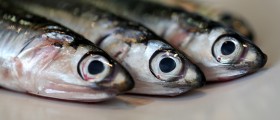
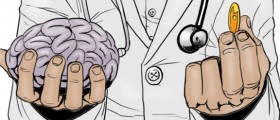

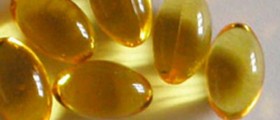






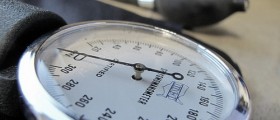


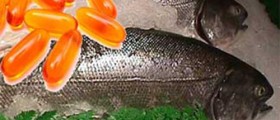
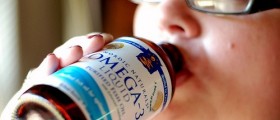
Your thoughts on this
Loading...